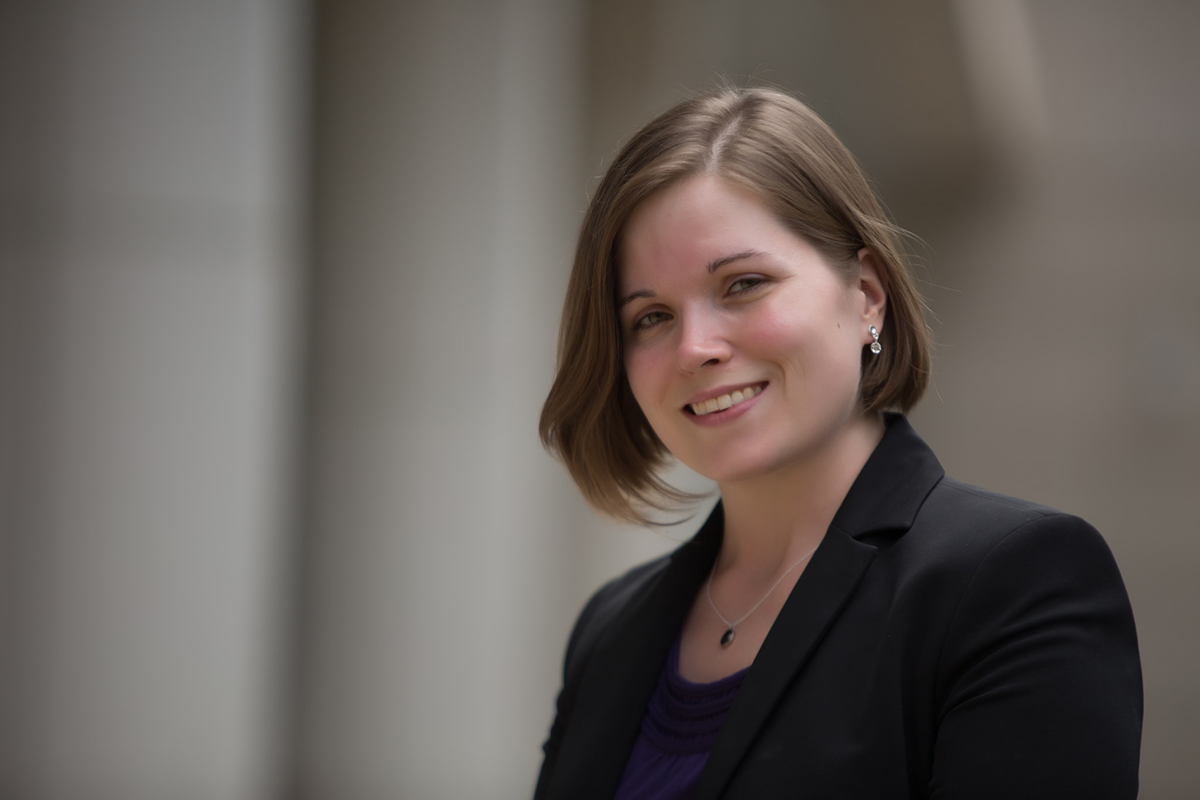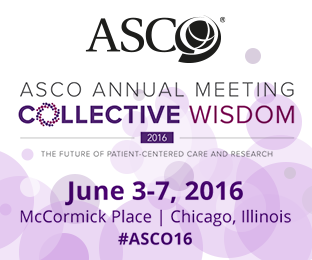More than one-in-four cancer patients had to pay more for medical care than they could afford, according to a study led by UNC Lineberger researchers. A reported 18 percent were unable to afford their prescription medications. The findings were presented at the 2016 American Society of Clinical Oncology Annual Meeting in Chicago.


Financial pressures kept cancer patients from filling prescription medications and attending their doctors’ visits, UNC Lineberger researchers found in a new study.
More than one-in-four cancer patients surveyed reported they had to pay more for medical care than they could afford, and 18 percent of those patients said they were unable to afford prescription medications.
The findings, presented at the 2016 American Society of Clinical Oncology Annual Meeting in Chicago, raised concerns for the researchers about access to much-needed care for cancer patients – an issue they believe will only increase as the cost of treatments has climbed significantly.
“You can prescribe the best drug in the world, but if patients can’t afford it, and they can’t get it, then it won’t be effective,” said the study abstract’s first author, Greg Knight, MD, chief fellow in the UNC School of Medicine Division of Hematology and Oncology. “We saw a significant portion of patients in our study who were stretching their prescriptions or not coming to the doctor’s office.”
For the study, researchers analyzed the results of a survey of 1,992 patients from the N.C. Cancer Hospital aged 18 years and older, and who were 90 or more days away from their diagnosis. They looked to see how many patients reported “financial toxicity,” which is a measure of the affordability of care. Twenty-six percent of patients reported that they have to pay more for medical care than they can afford.
“With many anticancer medications priced at $10,000 or more per month, those costs can add up fast and would be difficult for most people to afford.”
– Stacie Dusetzina, PhD
Of patients indicating that they had to pay more than they could afford for medical care, 18 percent did not fill their prescription medications, and 11.5 percent of patient did not attend doctor’s visits during the past year because they couldn’t afford them.
Knight said that missing a prescription fill or doctor’s appointment can be critical for cancer patient outcomes.
“Patients with cancer can be on highly regimented therapy that can have significant side effects that need to be closely monitored,” he said. “These patients represent a particularly vulnerable population because of the treatments they are receiving and require close monitoring for both response and known side effects of their treatment.”
Patients are facing higher out-of-pocket costs for prescriptions through increases in deductibles, which is the amount patients pay before their benefits kick in, and less generous insurance benefits overall, said Stacie Dusetzina, PhD, a UNC Lineberger member and assistant professor in the UNC Eshelman School of Pharmacy and UNC Gillings School of Global Public Health.
“Additionally, prices for drugs are increasing which can directly impact patient spending if their plans use coinsurance – where the patient pays a percentage of the price rather than a fixed copayment,” said Dusetzina, who was a co-author of the study. “With many anticancer medications priced at $10,000 or more per month, those costs can add up fast and would be difficult for most people to afford.”
The most common reasons for delays in care for patients with affordability issues were a lack of health insurance (11 percent), and being unable to afford general household expenses (18 percent).
Five percent of the patients who reported their medical expenses were more than they could afford said they had delayed care because they didn’t have transportation, while 7 percent said they couldn’t take time off work.
The researchers said the findings point to the need to help patients identify and navigate support programs, such as financial counseling and programs to help with expenses associated with care. For example, through the Patient and Family Resource Center at the N.C. Cancer Hospital, patients who meet certain income qualifications can qualify to receive gas cards to help with the cost of transportation for cancer treatment.
“There is a significant proportion of our patients who are having financial difficulties, and perhaps missing care because of those difficulties,” Knight said. “From an intervention standpoint, I think the first priority is being able to identify these patients early, and the second is being able to bring all of the resources from public and private sources to patients, and intervene that way.”
The data from the study came from the UNC Health Registry/Cancer Survivorship Cohort, which is funded in part by the UNC Lineberger Comprehensive Cancer Center’s University Cancer Research Fund.
In addition to Knight and Dusetzina, the studies other co-authors are Allison M. Deal, Seul Ki Choi, Jeanette Bensen, and Grant Williams.
